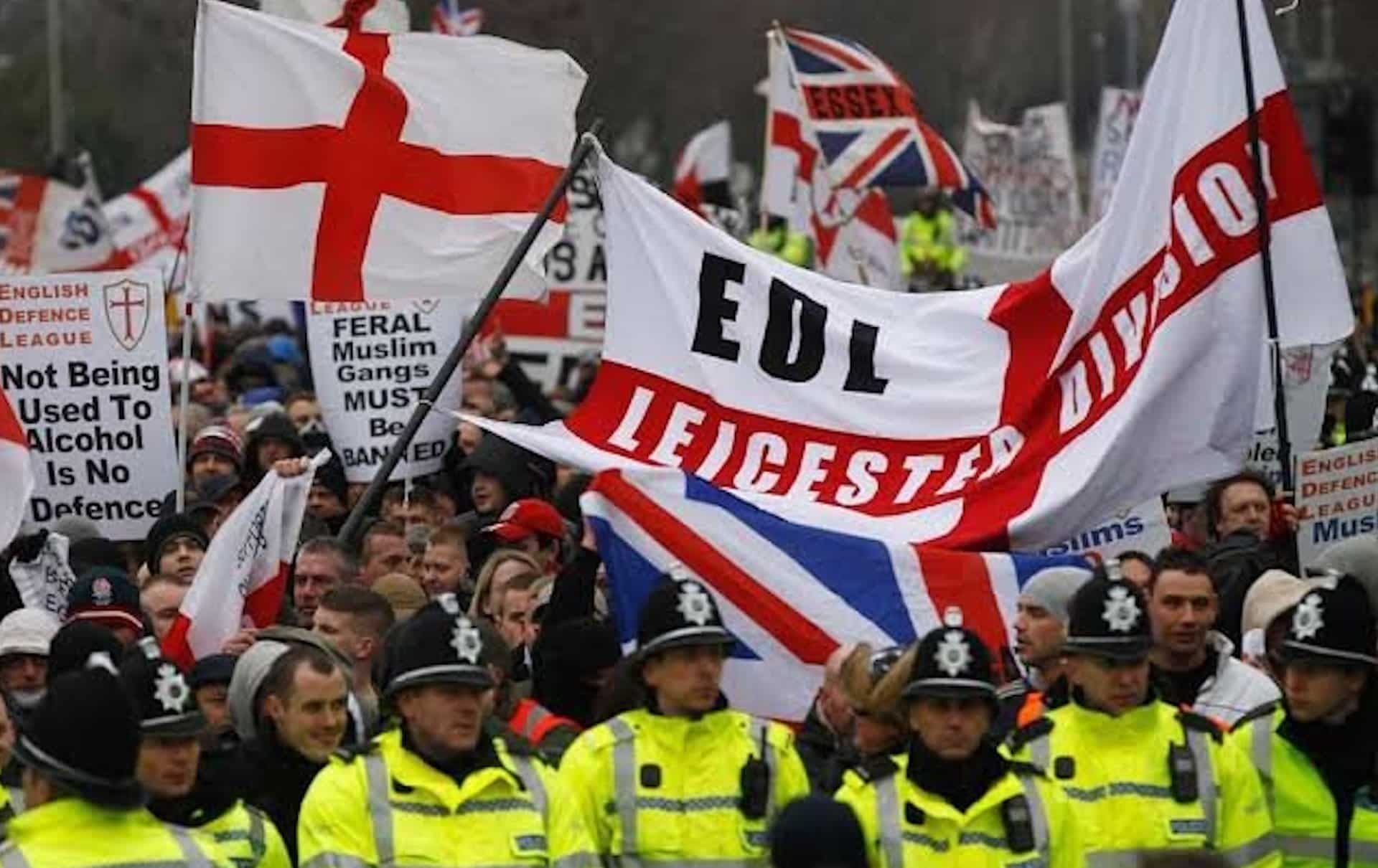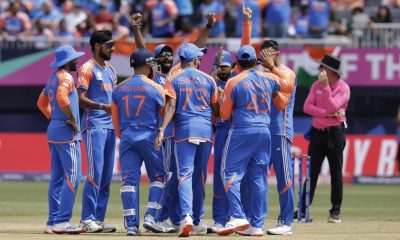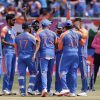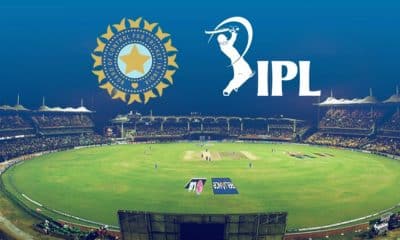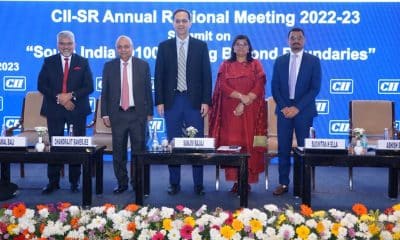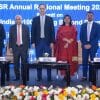Leicester Violence proves that the Pandemic of Hate won’t respect boundaries
Hateful sloganeering, attacks on businesses and threats to places of worship. These have been common aspects of a communal riot between Hindus and Muslims in India since 1947. Thus, it was rather interesting that the first such major strife between the two communities on British soil had hints of these aspects. Nationalism often precedes boundaries, and the diaspora has often displayed its version of nationalism, which ranges from passionate support for sports teams, anger against the political class and second-hand pride in their home country’s economic growth and international stature.
This is visible in the case of both Indians and Pakistanis, who are often seen siding with a particular party while displaying their anger against the other; and are also at the forefront of overt nationalism around cricket matches, even though many of them are no longer citizens of their home country. Many would believe that the concoction of sports with nationalism culminated in the Leicester violence, which grew out of a post-India vs Pakistan cricket match in the Asia Cup on August 28. But this sudden plummeting of ethnic relations and solidarity, decades in the making, was not because of just one cricket match. It would be terrible for the future if it exceeds and becomes a cause of division between people who have lived without enmity with each other.
It is common to travel to Southall, East Ham or other parts of London to see how Indians of different religions interact and cooperate with Pakistanis, with some living and working right next to each other. This level of solidarity and co-existence is because of the diaspora years of struggle, many of them who arrived in the UK decades ago looking for better prospects than in their home countries. Then there were ethnic tensions with a ‘Whites Only’ British community, prompting a joining of hands of Indians and Pakistanis.
But the rise of nationalism and religion-based politics has had its impact beyond the shores of the subcontinent as the seeping of social media messages to the diaspora has been creating a new form of the divide parallel to India. This is seen in how often communal tensions in India involve people from outside being involved in fomenting trouble. The police over Leicester violence have now arrested people from outside the county. Most of them who committed violence against Muslims and raised slogans last week were masked to hide their identity.
This is reminiscent of two years ago when I was covering the aftermaths of the Delhi riots when the local communities in Delhi’s riot affected North-East claimed that the violence was the handiwork of certain anti-social elements from outside their neighbourhoods. This seems to be the case for Leicester as well, which noted author Salil Tripathi stated was a “shining example of a well-integrated city and the largest British city where the white community is not the majority.”
He added that the city considers its diversity a matter of pride as Hindus and Muslims have historically lived together without animosity. This sentiment was reiterated by community leaders who, on September 20, stated that they are from one family and that “we settled here in this city together, we fought the racists together, we built it up together. The recent violence is not who we are as a city.”
Leicester violence was a Deja vu for many watching from India as instances of provocation and violence have become commonplace. Only a few months ago, there was a spate of violence during the Ram Navami festival celebrations, where provocative sloganeering and songs were played in and around Muslim-dominated neighbourhoods, which led to clashes in at least seven of India’s States. This form of provocation is not new and has been part of the arsenal of those looking to disturb communal harmony in India. This appears to be supported tacitly by the police and the state, which does not take action against the provocateurs and often targets those from the minority community who are many times caught reacting. Recently a form of ‘Bulldozer justice’ has been meted out where reportedly, homes of one community were destroyed in the name of clearing illegal encroachment as a punishment.
Tripathi adds that “the marchers who hid their faces behind masks and marched past areas where the Muslim community lives, shouting provocative slogans like Jai Shri Ram, are bringing the divisive politics of India into an English town.” He also alleged that both the Labour and the Conservative parties of United Kingdom “have indulged the Hindu right in the UK” and that “they must realise that fundamentalism is not a unique monopoly of any faith.” Tripathi warned that Britain had its national front and the KBW movement (Keep Britain White) and had Islamic fundamentalists who bombed London’s underground in 2005. “It seems Hindu fundamentalists in the UK want to make up for the lost time,” he added.
A redux of Hindutva violence, using the same methodology of intimidation, provocative sloganeering, and violence in the United Kingdom, is a bad omen as many believe that the rise of the Hindu Right in India is likely to be having a spillover effect here. It helps that many TV channels active in India are broadcasted and viewed in the UK. Organisations like Newslaundry have been continuously recording and reporting on the contents of these shows, which indulge in hysteria and fear-mongering around Muslims and add to the biases. In India, people are encouraged by these news channels and WhatsApp messages to indulge in violence and discrimination against Muslims without much response. But a hardline Muslim presence in certain pockets of the UK can and has responded with their version of intimidation and violence, which will destroy years of communal amity between the communities and add to a new layer of ethnic tensions between Indians and Pakistanis.
Instead of responding in an unbiased manner, the Indian High Commission, in its statement, said that the Leicester violence was “perpetrated against the Indian community in Leicester, and vandalisation of premises and symbols of Hindu religion.” This is despite the fact that there are several videos of men in masks using violence and shouting slogans of ‘Jai Shree Ram’, a common slogan misused by the Hindu Right in India. “The statement by the High Commission is irresponsible at best and blatantly biased at worse. If the government should care, it should not overtly mention Hindus only. Because ethnic tensions between Pakistanis and Indians could affect Indian Muslims as well, it should have called for a reduction of tensions,” stated Dibyesh Anand, professor at the University of Westminster and author of Hindu Nationalism in India and the Politics of Fear. He added that the irresponsible role of social media could add to more tensions between Indian Hindus and Pakistani Muslims where their relationship has been free of tensions. He proclaimed that “this violence was an example of ethno-religious violence and is essentially a clash between Hindutva-inspired Hindus and Pakistani origin Muslims.”
Subir Sinha, a Reader in the Theory and Politics of Development, believes there had been some sort of amity in Leicester, as there was a strong community of Indians and Pakistanis who had been living together for years. But “there have been gang fights between Indians and Pakistanis in parts of the UK.”
He added that since the 2000s, mosques had been controlled by Muslim hardliners and the Rashtriya Swamsevak Sangh’s (RSS) international section, the Hindu Swayamsevak Sangh (HSS).
Sinha said that it could be possible that the people who raised slogans could be recent immigrants from India who have come to study in the universities in and around Leicester. “There could be a possibility that they receive the same kind of hateful messages on social media that many Indians see.” He is correct when he says that this is why the modus operandi was the same as seen in communal violence in India.
In her essay, Maitri Porecha gives an in-depth insight into the activities of the Overseas Friends of BJP and the HSS, who have been aligning with the diaspora community over the years, and particularly became prominent after the 2014 election of Narendra Modi as Prime Minister as many of them were involved in the promotion of the BJP’s electoral success from the UK. The involvement of the diaspora and the recent migrants from India could add to future troubles between Indians and Pakistanis as it affects a level of solidarity and cooperation that has assisted people from both countries. A reduction of such cooperation could also have an economic impact on the diaspora community, as many rely on each other for their businesses.
If the Leicester violence and its causal actors and factors are not nipped in the bud, we could very likely see a ghettoisation of UK cities with separate enclaves of Hindus and Muslims, which would be unpleasant and add to more animosity and troubles.
Disclaimer: The views and opinions expressed in this article are those of the authors and do not necessarily reflect the official policy or position of the publication


